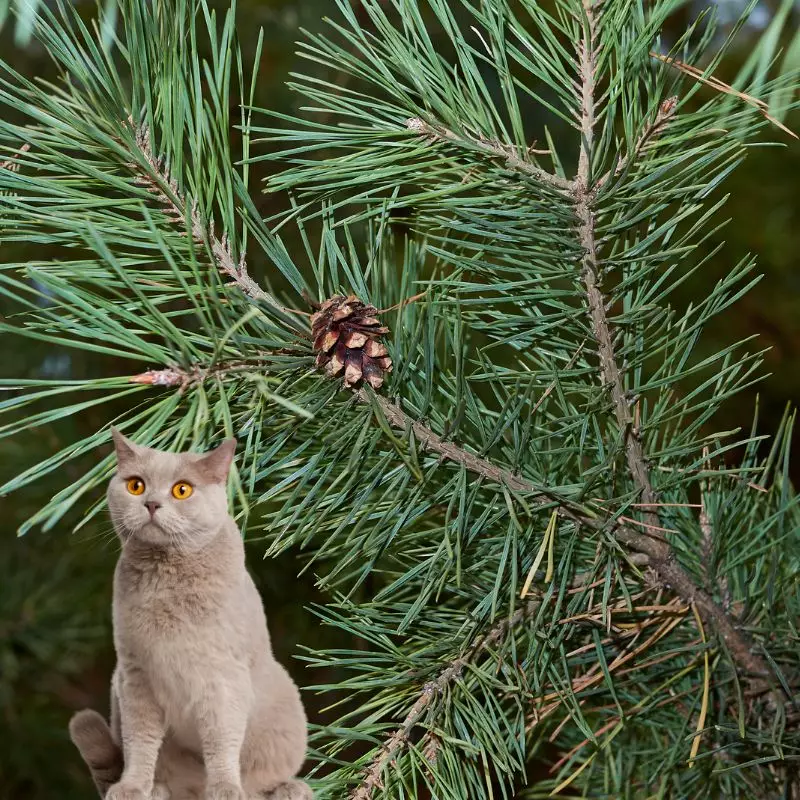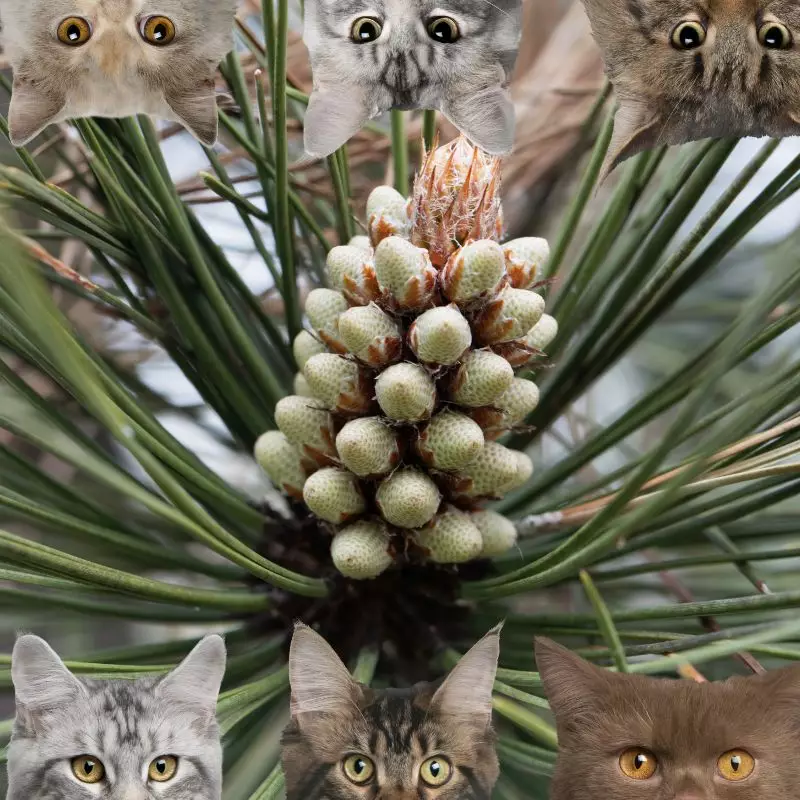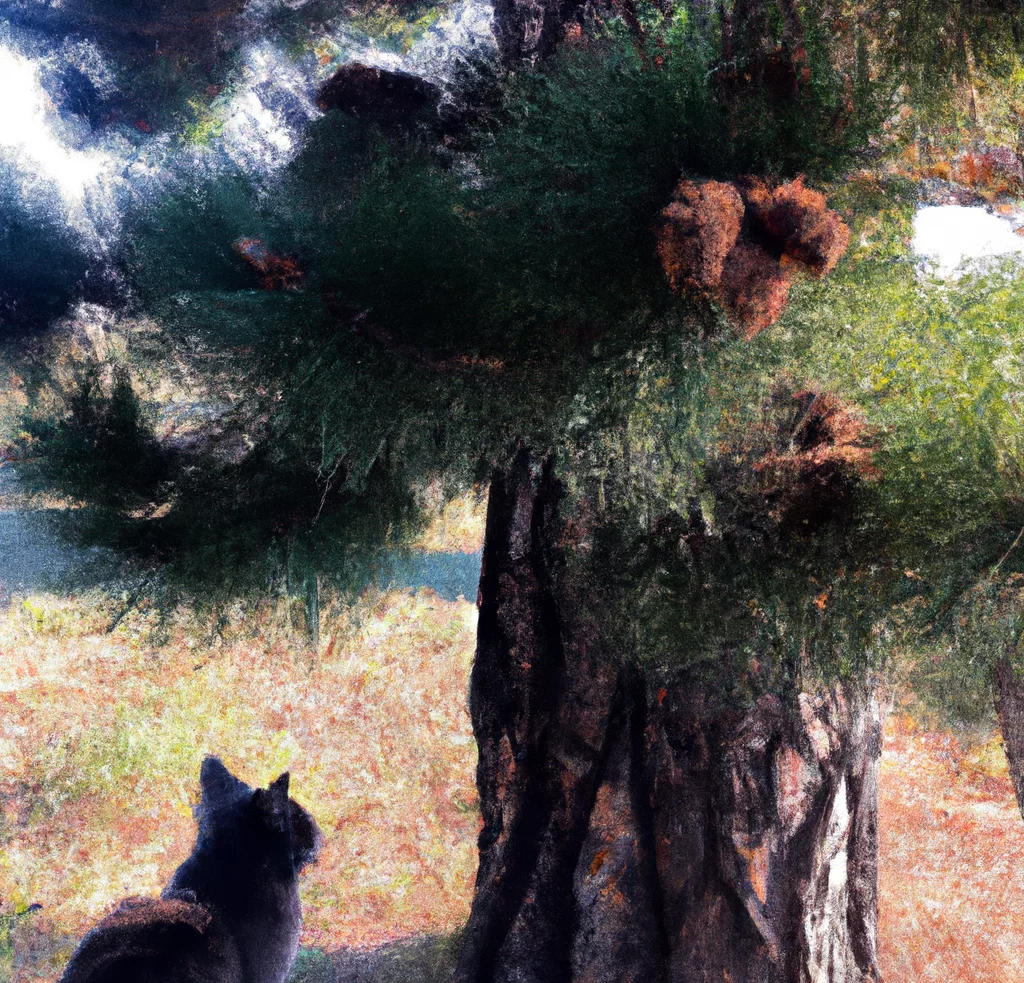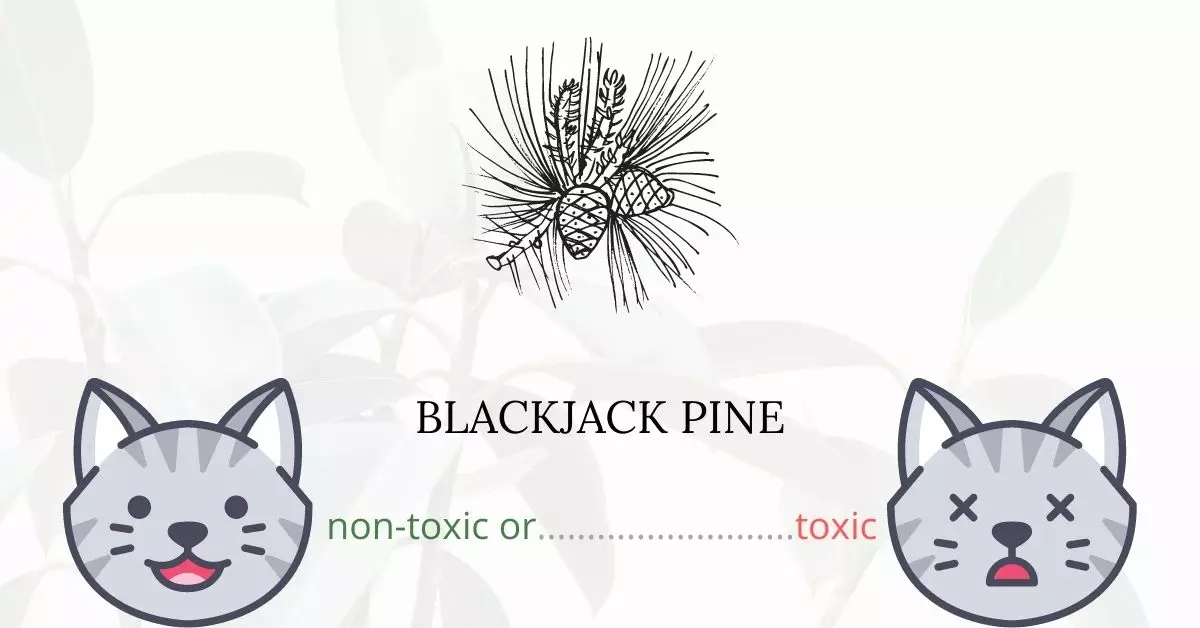Blackjack Pine is renowned for its imposing structure and extensive uses, yet its implications on pets, specifically cats, raise concerns for pet owners. Addressing the question posed by the title promptly; Blackjack Pine is identified as non-toxic to cats. This assessment is not solely a bland assertion but is corroborated by the reputable American Society for the Prevention of Cruelty to Animals (ASPCA), stating unequivocally that Blackjack Pine poses no toxicity threat to cats, dogs, or horses.
To ensure the utmost accuracy and reliability of this information, this article is meticulously written in collaboration with a team of experienced Doctors of Veterinary Medicine (DVMs). Their extensive knowledge and practical experience bring forth insightful contributions, enabling us to present precise and current information on the potential risks affiliated with various flora, including Blackjack Pine, and their impacts on cats. Alongside the expert opinions, rigorous research has been conducted utilizing high-authority resources such as ASPCA and PetMD to validate the information on each plant discussed.
It is pertinent to note, however, that while Blackjack Pine is non-toxic to smaller domesticated animals, it may have detrimental effects on cattle, potentially causing abortion and inducing a form of toxicosis that is not yet fully understood, predominantly when the pine needles are ingested.
Can Cats Eat Blackjack Pine?

Although it is considered to be safe for cats, blackjack pine’s stiff, pointed leaves can scrape or pierce a cat’s throat or stomach. Perforations in the gastrointestinal tract can be fatal. It is best to keep away your cats from blackjack pines.
What is a Blackjack Pine?

Blackjack pine is botanically known as pinus ponderosa. Blackjack pine is a huge evergreen coniferous pine tree that can be distinguished from other species by its bark characteristics. Mature blackjack pine trees have yellow to orange-red bark in broad to extremely broad plates with black cracks. It’s a massive pine tree native to North America’s mountainous regions, with a diverse range of habitats.
Native Americans ate the seeds and fragrant inner bark of the blackjack pine. They ate the dried pitch, which also served as a salve. The trunks were cut into boats, and the limbs and branches were utilized as firewood and construction material. Baskets were constructed from the needles and roots. Coughs and fevers were treated by boiling the needles in a solution.
Old-growth blackjack pine trees were heavily exploited as timber by settlers in the 19th and 20th centuries, particularly for railroads.
Keeping Cats Away From Blackjack Pine

Blackjack pine trees are commonly found outdoors. If they are growing near your area, it is highly advisable to prevent your feline companions to stay away from them.
Try building fences around your house. You can also place safety nets as needed. This will limit your cats’ access outdoors.
Plants to Avoid For Your Cats
If you are a cat owner and unsure if the plants growing in your yard are harmful to your cats, check out this list of toxic plants for cats. You can also check our list of non-toxic plants for cats.





